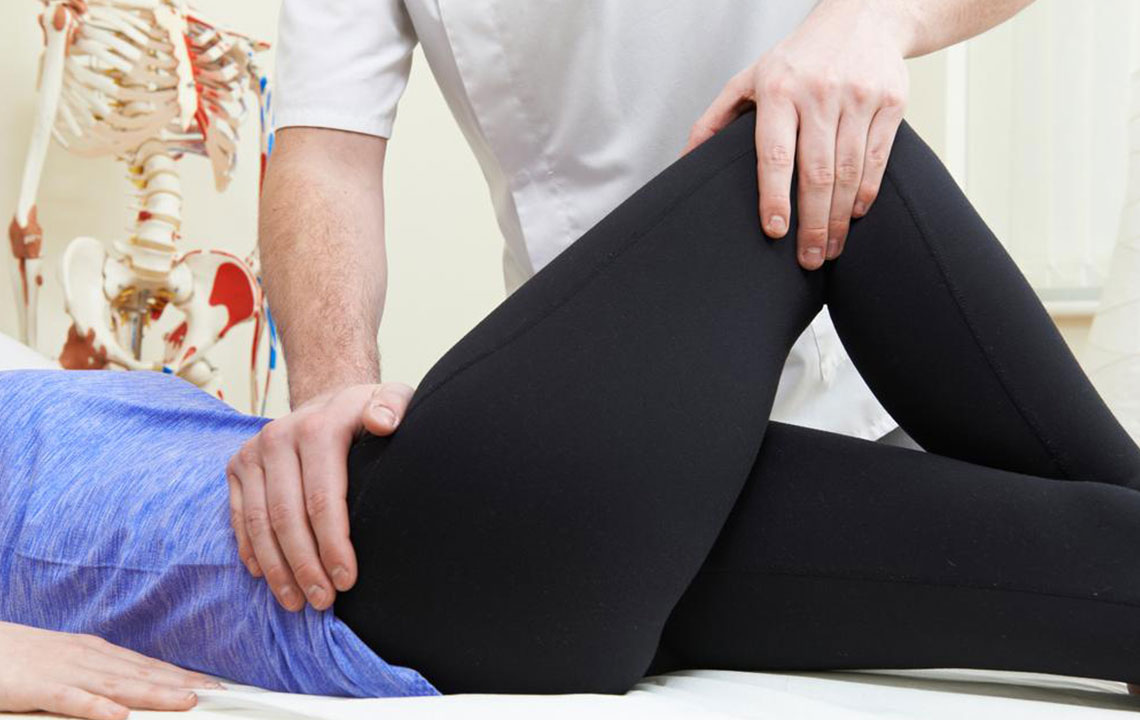Learn about Hernia and Effective Treatment Options
A hernia can be described as a condition most commonly occurred in the abdomen or groin area where an organ or tissue breaks or squeezes through a feeble opening in a nearby or surrounding connective tissue or muscle. This condition leads to a localized pain bulge and other types of discomforts. Hernia can be classified into different types of include inguinal hernia, hiatal hernia, umbilical hernia and incisional hernia. Most hernias do not cause any threat to your life, but they do not heal on their own.

Leading causes of hernia
The combined effect of muscle strain and weakness causes hernia. Muscle strain or weakness occurs due to several reasons. When the abdominal wall fails to close properly in the womb, you may experience hernia. Other reasons include persistent sneezing or coughing, age, surgery in the abdomen or groin, chronic coughing, fast weight gain, pregnancy related complications, abdominal fluid, severe constipation and lifting heavyweight.
Prominent symptoms
The initial symptom of a hernia is a lump or bulge in the area. When it comes to inguinal hernia, you can find a lump on two sides of the pubic bone. It can be felt through touch when you are bending down, coughing or standing up. In case of babies, you can feel the hernia when they are crying. Another symptom of a hernia is the pain in the lower abdomen (it becomes severe when you bend over) and it also worsens when you life something or cough. Other leading symptoms are a feeling of heaviness, pressure or weakness in the abdomen, a burning sensation at the bulge, acid reflux, chest pain and swallowing difficulty. In certain cases, hernias do not show any symptoms and you will come to know only when medical or physical examination is done for a different health problem.
Effective hernia treatment options
Incisional or Inguinal hernias can be diagnosed when a physical examination is done. The doctor looks for a bulge in the groin or abdomen and it becomes bigger when you stand, strain or cough. Hiatal hernia is diagnosed using an endoscopy or a barium X-ray. Barium X-ray refers to several X-ray pictures of the digestive tract and the doctor asks you to drink a barium solution before recording the pictures. It is being done to make the X-ray images clearer. When it comes to endoscopy, a small camera connected to a tube is threaded down to the throat, esophagus and stomach as well. These types of procedures help the doctor watch your stomach’s internal location. In small babies, ultra sound is performed to identify umbilical hernia and it makes use of high-frequency sound waves for capturing an image of the structures inside.
Whether or not you need treatment depends on the size of your hernia and the severity of your symptoms. Your doctor may simply monitor your hernia for possible complications. Treatment options for a hernia include lifestyle changes, medication, or surgery.
Lifestyle changes that offer benefits
Although you cannot eliminate hernia, you can treat the symptoms using some dietary changes. It is a good option to avoid heavy or large meals and you should not bend over or lie down after a meal. Another important aspect is to maintain your body weight in a healthy way. Specific exercises can be performed for strengthening the muscles around the hernia location and it results in reducing the symptoms. You must be very careful while doing the exercises because improper way of doing them can worsen the pressure in the affected area and this situation leads to the increased bulging of the hernia. You have to consult with your doctor or physiotherapist about the exercises and their guidelines must be correctly followed. You can also control the symptoms by eliminating specific foods that make you vulnerable for heartburn or acid reflux. Food items like tomatoes and other types of spicy foods should be avoided.
Best medications available
Prescription and over-the-counter medications are available that control the stomach acid and they also reduce the discomforts to a great extent. Most effective options are proton pump inhibitors, H-2 receptor blockers and antacid as well. .
Surgery
When your hernia grows fast and results in a lot of pain, surgery becomes inevitable. A hole is sewn in the abdominal wall closed for repairing the hernia and it is usually performed by patching the hole with the help of surgical mesh. Laparoscopic surgery is done with the help of a small camera and miniaturized equipment is also used for repairing the hernia. It is being done by making small incisions. Open surgery is another option and rest is needed for up to six weeks.
You have to identify the early symptoms of hernia. Untreated problem can lead to life threatening conditions like strangulation and early detection helps you minimize the impact effectively.



